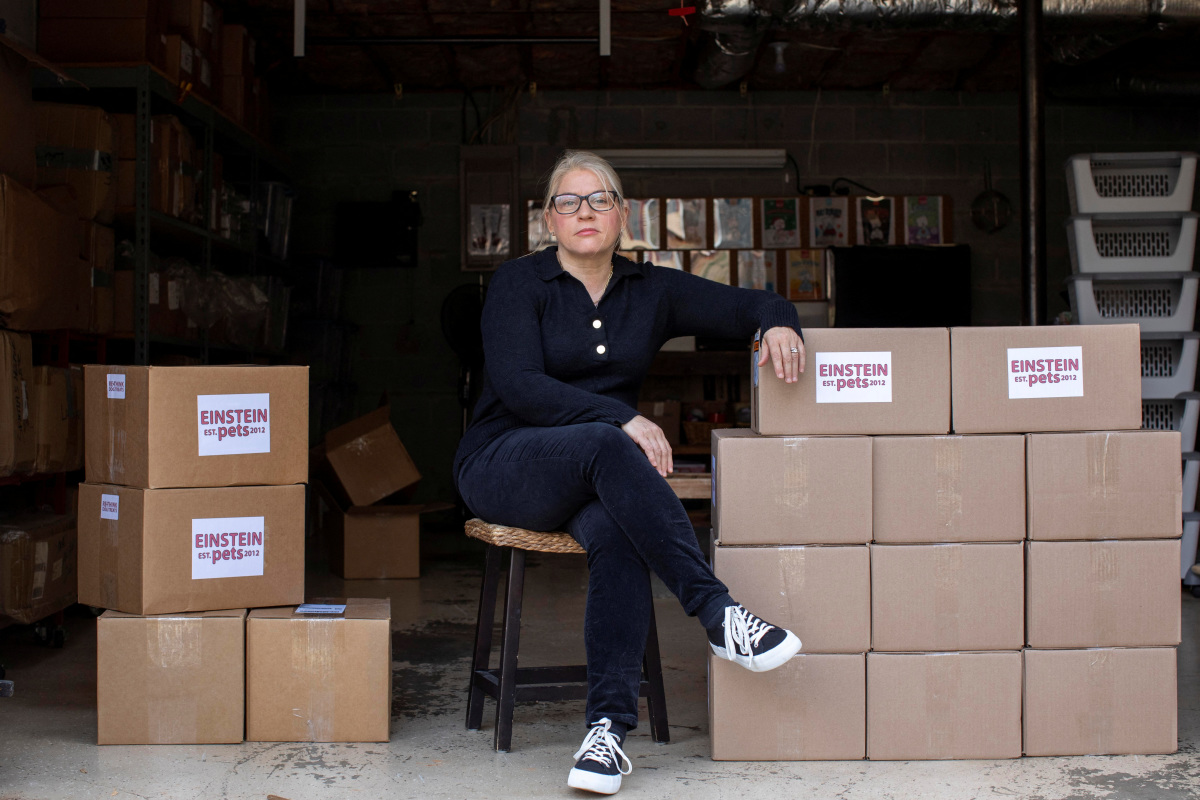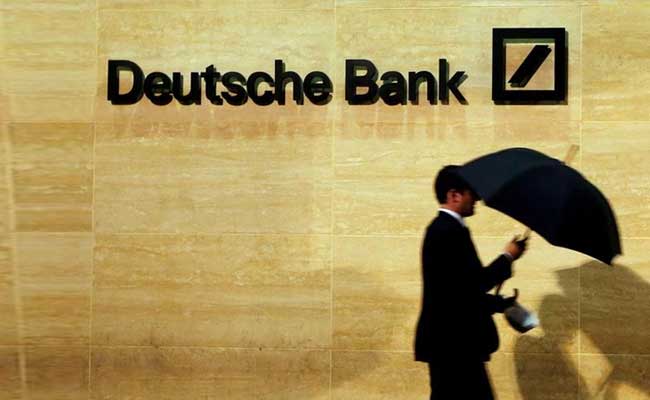Reuters
There is no such thing as free shipping.
Even so, Amazon.com Inc and other online retailers who use so-called free delivery to cultivate customer loyalty are scrambling to keep it from draining profits as costs climb and e-commerce contracts.
They are adding fees for faster service, raising minimum purchase requirements and making other changes that shift more costs to consumers who are struggling with financial issues of their own.
“The days of free delivery are numbered,” Ken Morris, managing partner at Cambridge Retail Advisors, said of the fast-changing retail marketing tool.
Retailers are beginning to look more like some airlines, which charge for better seating, transporting luggage and also restrict use of frequent flyer points, Morris said.
It is an open secret that most retailers raise product prices to subsidize free shipping. Still, product inflation and soaring shipping costs are making the service unsustainable as the prospect of recession threatens to wallop already-flagging online spending.
Amazon marketed free shipping as a differentiator and used pricey Prime subscriptions and fat profits from other businesses to underwrite its package delivery costs – forcing other retailers to follow, even if they lacked Amazon’s advantages.
With retail margins shrinking and shipping rates for United Parcel Service Inc, FedEx Corp and the U.S. Postal Service hitting record levels, the industry where nearly three-quarters of e-commerce companies offer some sort of free shipping is rethinking the financial cost of habituating shoppers to free shipping.
Retailers’ top priority is lowering shipping costs, with speed a close second, said Lee Spratt, CEO of DHL eCommerce Solutions America, which provides logistics services.
Retailers from Amazon to dog treat seller Einstein Pets and ubiquitous apparel chains like Zara, Abercrombie & Fitch and Foot Locker are drawing the line at losing money on a service consumers have come to expect.
That is translating into shipping cost reduction goals of up to 25%, said Mingshu Bates, chief analytics officer at consultancy AFS Logistics.
After forcing both free and fast shipping on the e-commerce industry it dominates, Amazon’s latest moves are instructive.
The online retailer, which recently hiked the annual Prime subscription price by $20 to $139, is now offering “free” same-day shipping for Prime members in at least a dozen U.S. cities, including Los Angeles, Chicago and Philadelphia. There are strings attached, however, as the service is free only on orders of at least $25, and costs $2.99 when orders fall below that.
At the start of March, Amazon also raised the minimum threshold for free Prime shipping from its struggling online grocery business to $150 from $35 and added charges of $3.95 to $9.95 for orders below the new limit.
Amazon CEO Andy Jassy in February said the company is streamlining costs across the business and that shipping speed would not be a casualty of its efficiency push. A spokesperson on Thursday added that Prime delivery speeds got faster from 2021 to 2022 and are improving further this year.
‘WHAT ARE WE PAYING FOR?’
Meanwhile, some consultants and customers are noticing service changes.
“Getting things to people same-day or within a certain number of hours doesn’t seem to be first and foremost anymore” at Amazon, e-commerce consultant Chris McCabe said.
Dozens of Prime subscribers, including upstate New York middle-school teacher Bryan Fabiano, have taken to social media to question the value of their Prime subscriptions due to late package deliveries, particularly during the holidays.
“My wife and I are Prime customers because of the shipping (benefits). If they’re not going to deliver on that, then what are we paying for?” Fabiano, 48, told Reuters.
Indeed, shoppers who do not subscribe to Prime get free standard shipping on Amazon orders over $25. Walmart Inc and Target Corp, which have delivery subscriptions of about $100 per year, offer free shipping on orders above $35 for non-members.
Nearly three-quarters of the top 1,000 U.S. retailers offered free shipping on at least some orders, with 45% requiring a minimum purchase for that perk, according to August 2022 survey results from industry research firm Digital Commerce 360.
While retailers like Amazon and fashion purveyor Asos Plc have raised thresholds for fast shipping, others are dropping free shipping altogether or taking product prices up again.
Einstein Pets in Atlanta was caught “between a rock and a hard place” according to owner Kelly Ison. She moved to protect profit by ending free shipping in mid-2022 on purchases of Einstein’s specialty dog treats, including flavors like PB’N Jelly Time and Pumpkin Time.
“We can’t compete with Amazon,” she told Reuters.
Ison switched to flat-rate shipping of $8 to help defray fast-rising delivery costs and avoid price increases that would hurt her competitiveness. She lost some customers, but remains profitable.
Toronto-based United Filter Co raised prices on its furnace filters so it could keep offering free shipping for sales through Amazon, Walmart and Ebay and it has never offered across-the-board free returns because they are too “cost-prohibitive,” owner Darrin Landau told Reuters.
The company split the difference, he said. “People are just addicted to free shipping.”






